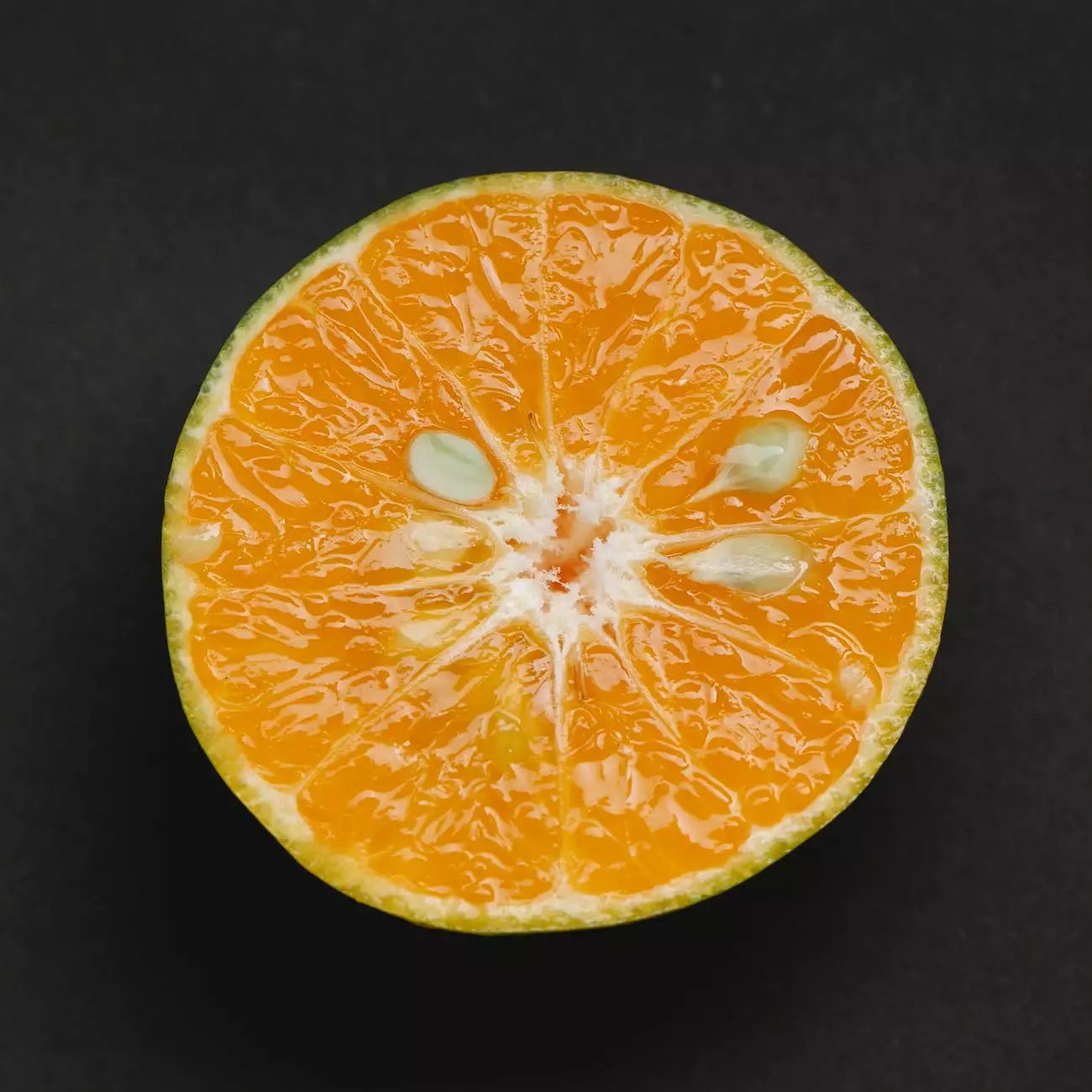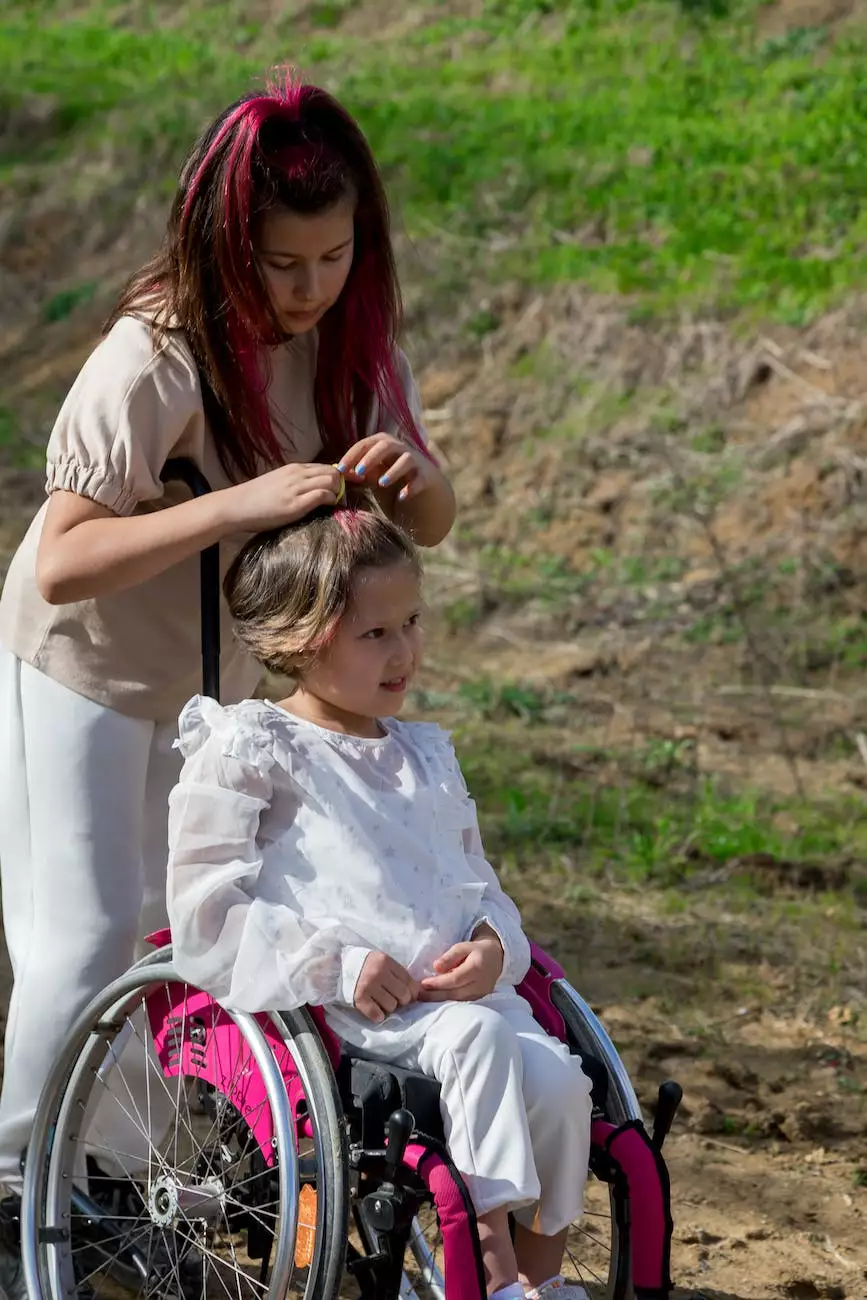Stroke Diet - Naturally with Karen

Introduction
Welcome to Naturally with Karen, where we provide you with expertly crafted diet plans and guidelines to optimize your health and reduce the risk of strokes. Dedicated to helping you lead a healthy and fulfilling life, we understand the importance of maintaining a well-balanced diet to prevent and manage strokes effectively.
Understanding Strokes
A stroke occurs when the blood supply to the brain is interrupted, resulting in the inability of brain cells to receive adequate oxygen and nutrients. This can lead to significant damage and potentially life-altering consequences. While stroke risk factors vary from person to person, adopting a stroke-specific diet can play a crucial role in reducing the chances of stroke occurrence and recurrence.
The Essentials of a Stroke Diet
Achieving optimal health and reducing the risk of strokes require a diet that focuses on important nutrients and promotes overall well-being. Here are some key components of a stroke diet:
1. Adequate Consumption of Fruits and Vegetables
Fruits and vegetables are nutritional powerhouses filled with vitamins, minerals, and antioxidants that help support cardiovascular health. Including a colorful variety of fruits and vegetables in your diet provides essential nutrients while reducing the risk of stroke.
2. Emphasis on Whole Grains
Whole grains such as brown rice, oats, quinoa, and whole wheat bread are excellent sources of fiber and provide sustained energy throughout the day. They also help regulate blood pressure and maintain healthy cholesterol levels, reducing the risk of strokes.
3. Incorporation of Lean Proteins
Opt for lean sources of protein such as skinless poultry, fish, beans, and legumes. These protein-rich foods support muscle health and aid in maintaining a healthy weight, reducing the strain on your cardiovascular system.
4. Healthy Fats
Include sources of healthy fats in your diet, such as avocados, nuts, seeds, and olive oil. These fats provide essential nutrients and help maintain cardiovascular health, lowering the risk of strokes.
5. Limit Sodium Intake
High sodium intake is linked to increased blood pressure, a significant risk factor for strokes. Minimize processed foods, fast foods, and excessive salt use to maintain optimal blood pressure levels.
6. Moderation in Alcohol Consumption
Excessive alcohol consumption can contribute to the risk of strokes. If you choose to drink, do so in moderation with a limit of one drink per day for women and up to two drinks per day for men.
Additional Recommendations
In addition to following a stroke-specific diet, incorporating healthy lifestyle habits can further enhance your stroke prevention efforts. Consider the following recommendations:
1. Engage in Regular Physical Activity
Aim for at least 150 minutes of moderate-intensity aerobic activity each week, such as brisk walking or cycling. Regular exercise helps maintain a healthy weight, reduces blood pressure, and promotes overall cardiovascular health.
2. Quit Smoking
If you smoke, quitting is crucial. Smoking damages blood vessels and increases the risk of stroke. Seek support from medical professionals or support groups to successfully quit smoking.
3. Manage Stress Levels
Chronic stress can contribute to stroke risk. Find healthy outlets to manage stress, such as mindfulness practices, regular exercise, engaging in hobbies, and seeking support when needed.
4. Regular Health Check-ups
Regularly consult with your healthcare provider for check-ups, blood pressure monitoring, and cholesterol level evaluations. These routine assessments help identify early signs of potential stroke risk factors and enable necessary interventions.
Conclusion
Adopting a stroke-specific diet and implementing healthy lifestyle habits can significantly reduce your risk of strokes and enhance overall well-being. Naturally with Karen is dedicated to providing you with comprehensive guidance and support to help you make informed decisions about your health. Take proactive steps today to prioritize your stroke prevention journey and improve your quality of life.










